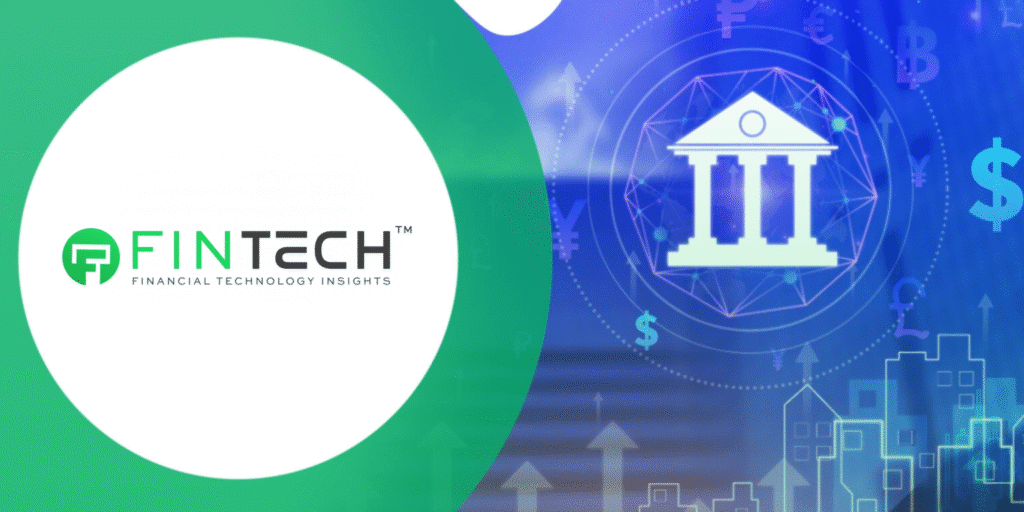The financial landscape is undergoing a profound transformation, propelled by digitization, decentralization, shifting consumer expectations, and regulatory changes. This dynamic environment is evolving at an unprecedented pace, shaping the future of finance. In this comprehensive exploration, we delve into the key trends and transformations that are steering the financial industry’s course, with a focused lens on fostering Economic Growth through Sustainable Development.
Fintech Revolution: Redefining Financial Services
Fintech, an abbreviation for financial technology, has emerged as a disruptive force in traditional financial services. The landscape is witnessing a surge in innovative solutions from both start-ups and tech giants, aiming to offer more efficient, user-friendly, and cost-effective financial services. From mobile payment apps facilitating seamless transactions to robo-advisors revolutionizing investment strategies, fintech is fundamentally altering how we manage and interact with money.
Digital Currencies: A New Age of Money
The rise of digital currencies, encompassing cryptocurrencies like Bitcoin and central bank digital currencies (CBDCs), challenges the conventional concept of fiat money. These digital assets provide advantages such as speed, security, and global accessibility. Despite an evolving digital financial landscape, digital currencies are gaining traction, promising transformative shifts in how we perceive and engage with currency.
Blockchain Technology: Transforming Transactions
Blockchain, the foundational technology behind cryptocurrencies, extends its influence beyond digital currencies. The decentralized, secure, and transparent nature of blockchain finds applications in diverse industries, including supply chain management, healthcare, and voting systems. The technology is reshaping how transactions and data are recorded and verified, promising enhanced efficiency and integrity.
Open Banking: Empowering Consumers
Open banking initiatives are empowering consumers by providing them with greater control over their financial data. This paradigm shift allows individuals to securely share their financial information with third-party service providers, fostering competition, innovation, and the delivery of a personalized digital financial landscape.
Artificial Intelligence (AI) and Machine Learning: Data-Driven Insights
AI and machine learning are pivotal in enabling financial institutions to analyze vast datasets and deliver personalized services. Applications like chatbots, credit risk assessment, and fraud detection showcase how AI is revolutionizing the financial industry by providing data-driven insights and enhancing customer experiences.
Regulatory Changes: Enhancing Stability and Security
Regulators are adapting to the evolving financial landscape by introducing new regulations designed to enhance financial stability, protect consumers, and prevent financial crimes. These changes are imperative for ensuring the long-term sustainability of the financial industry.
Sustainable Finance: Investing in a Greener Future
Sustainable finance has emerged as a central focus, with investors increasingly considering environmental, social, and governance (ESG) factors when making investment decisions. This shift towards sustainability is driving the development of green bonds, impact investing, and other ESG-focused financial products.
Decentralized Finance (DeFi): Democratizing Financial Services
Decentralized finance, or DeFi, built on blockchain technology, aims to create an open and accessible financial system. By offering services like lending, borrowing, and trading without traditional intermediaries, DeFi has the potential to provide financial services to underserved populations globally.
Big Data and Analytics: Informed Decision-Making
The financial industry leverages big data and analytics to gain insights into consumer behavior and market trends. This wealth of information is invaluable for tailoring products and services to meet customer needs and for making informed investment decisions.
Remote Work and Remote Banking
The COVID-19 pandemic has accelerated the adoption of remote work and remote banking. Financial institutions are increasingly offering digital banking solutions in Digital Financial Landscape, and employees are embracing remote work. This shift has made online banking and Digital Financial Landscape integral to our daily lives.
Financial Inclusion: Reaching the Unbanked
Efforts are underway to expand financial inclusion, as many people worldwide still lack access to basic financial services. Innovations like mobile banking and microfinance are bringing banking services to previously underserved populations, fostering economic growth and stability.
Cybersecurity: Protecting Financial Assets
As financial transactions increasingly occur online, cybersecurity becomes paramount. Protecting financial assets and sensitive data from cyber threats is a top priority for the financial industry, necessitating robust security measures and encryption technologies.
Personalized Financial Services
Consumers today expect tailored financial services. With a wealth of data available, financial institutions are better equipped to provide customized solutions that cater to individual financial goals and preferences.
WealthTech: Managing Wealth Digitally
WealthTech, or wealth technology, is transforming how individuals manage and grow their wealth. This includes automated investment platforms, financial planning apps, and digital advisory services.
Globalization of Finance
The financial landscape is increasingly global, with cross-border investments, international financial regulations, and global economic interconnectedness shaping a borderless financial world.
Financial Education and Literacy
Financial literacy is crucial in navigating the evolving financial landscape. It empowers individuals to make informed financial decisions, manage debt, and invest wisely. Many organizations are focusing on financial education initiatives.
Regulatory Sandboxes: Encouraging Innovation
Some countries have established regulatory sandboxes that allow fintech firms to test new products and services in a controlled environment, encouraging innovation while maintaining regulatory oversight.
Resilience and Disaster Preparedness
Events like economic crises and natural disasters underscore the importance of financial resilience and preparedness. Individuals and institutions are increasingly focusing on building financial buffers and risk management strategies.
Quantum Computing: Enhancing Security and Speed
Quantum computing holds the potential to revolutionize encryption and data analysis in the financial sector. It could significantly enhance security and processing speed, opening new possibilities in financial technology.
Beyond Banking: The Convergence of Industries
The boundaries between finance and other industries are blurring. Tech companies, retailers, and even automotive manufacturers are entering the financial services arena. This convergence is expanding the scope of financial innovation.
Conclusion
The financial world is entering an era of unprecedented transformation. From fintech and digital currencies to sustainability and financial inclusion, the trends and transformations in the financial landscape are not only reshaping the industry but also impacting our daily lives. Embracing these changes and staying informed about the latest developments is essential for individuals and organizations to thrive in this evolving financial landscape. The future of finance is a dynamic, interconnected, and exciting landscape with boundless possibilities, particularly in the realm of Economic Growth through Sustainable Development.




